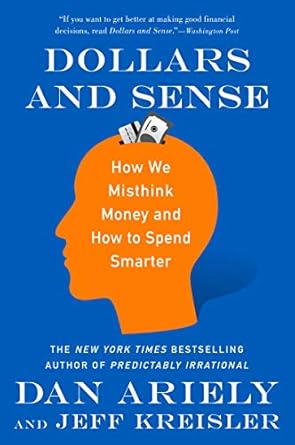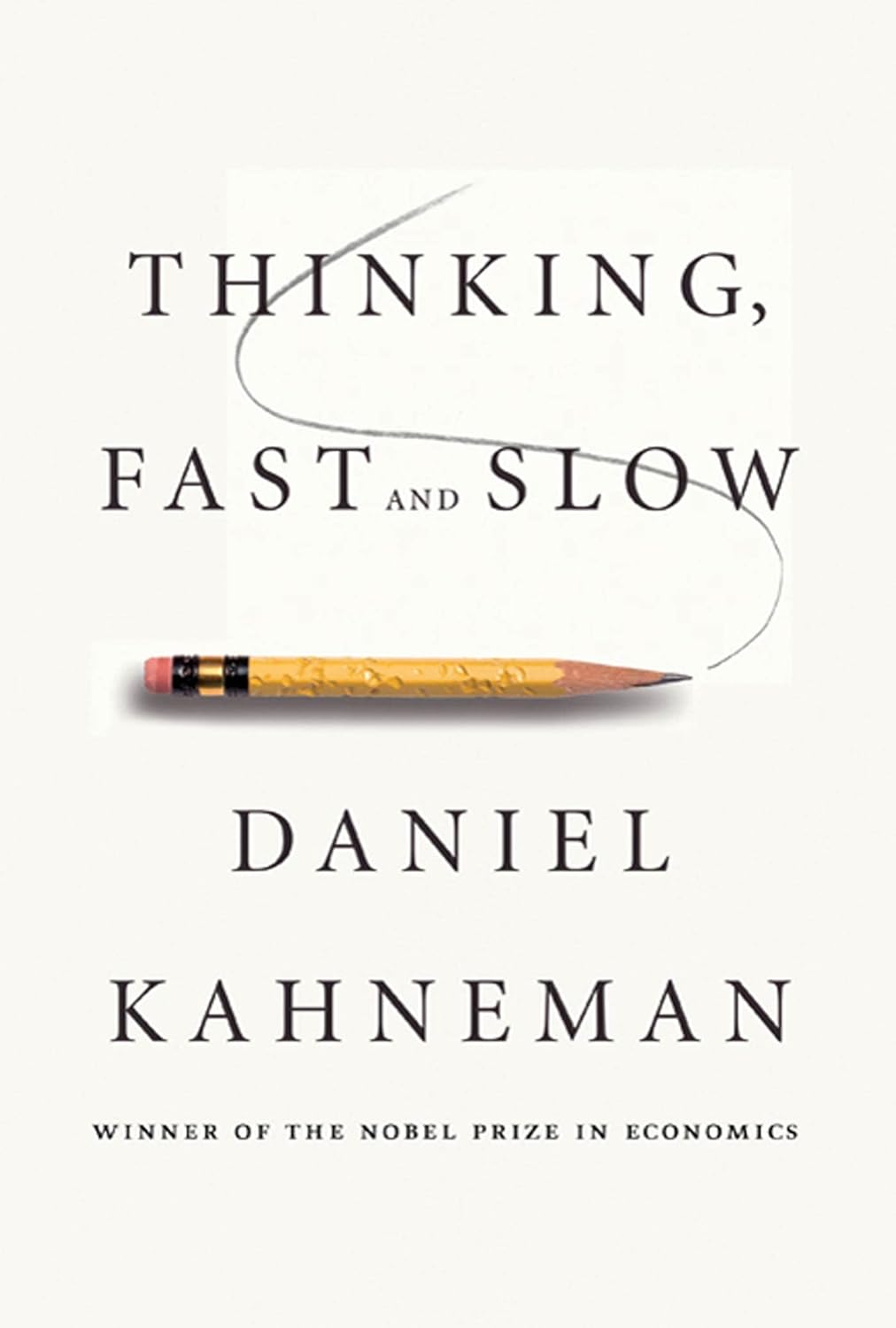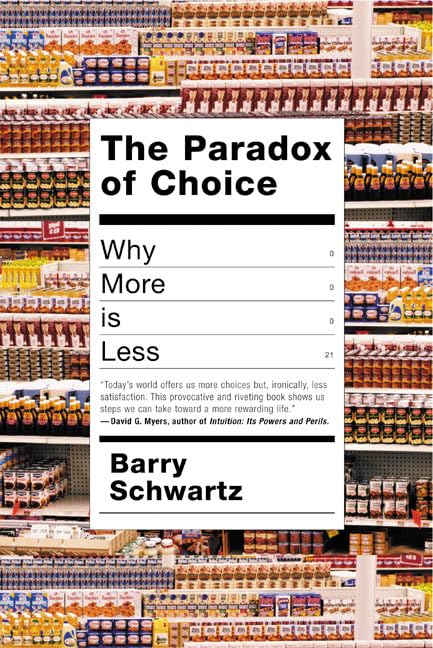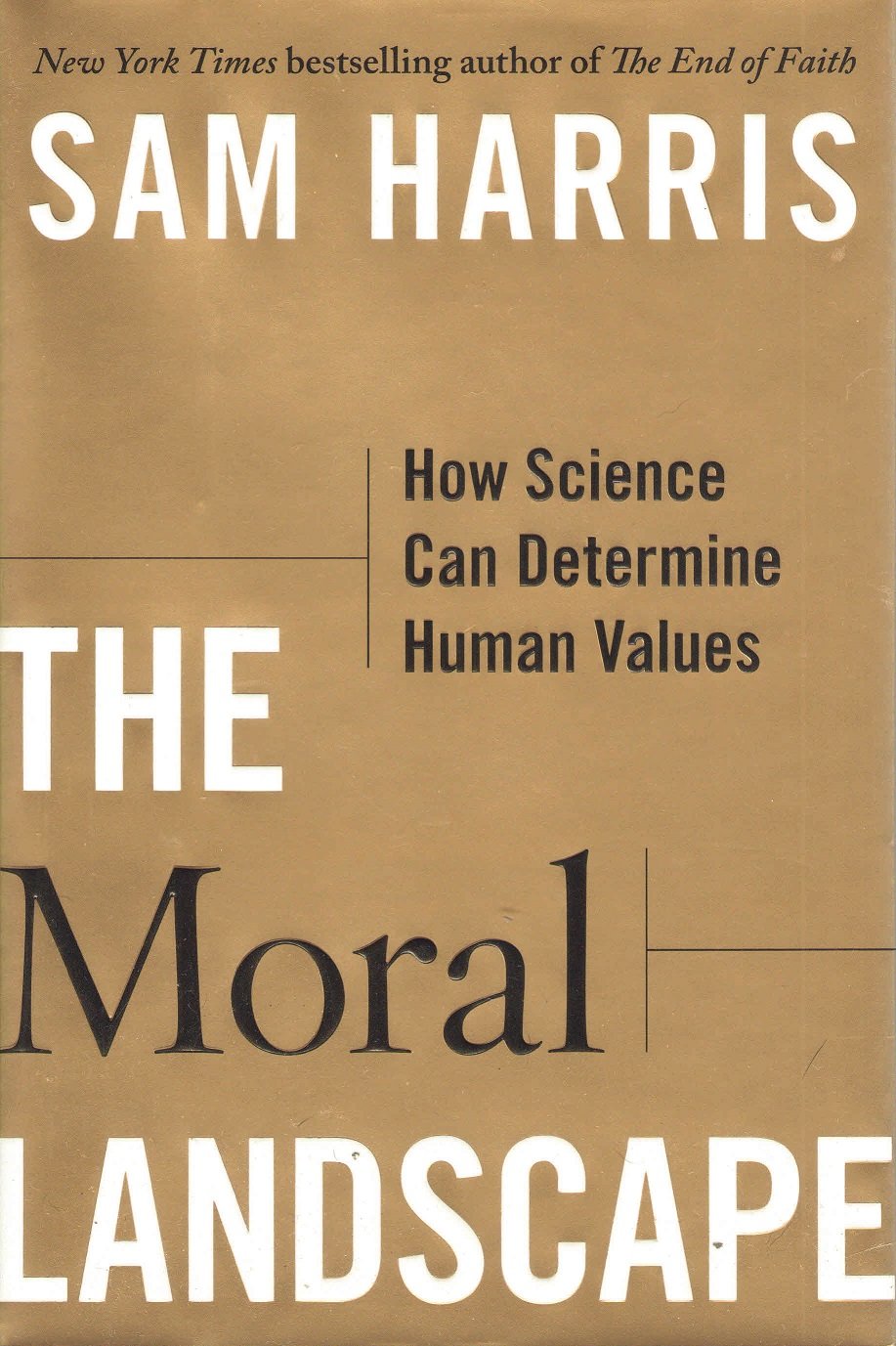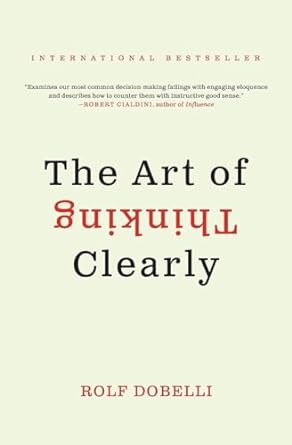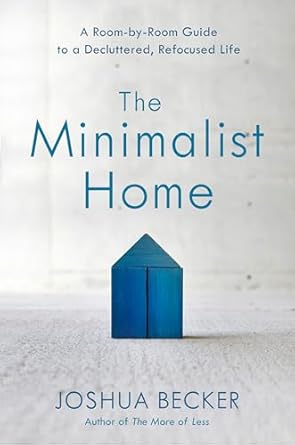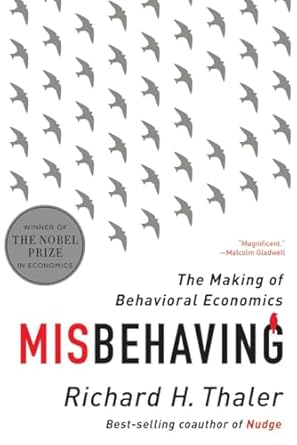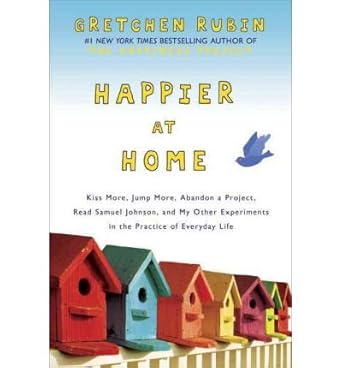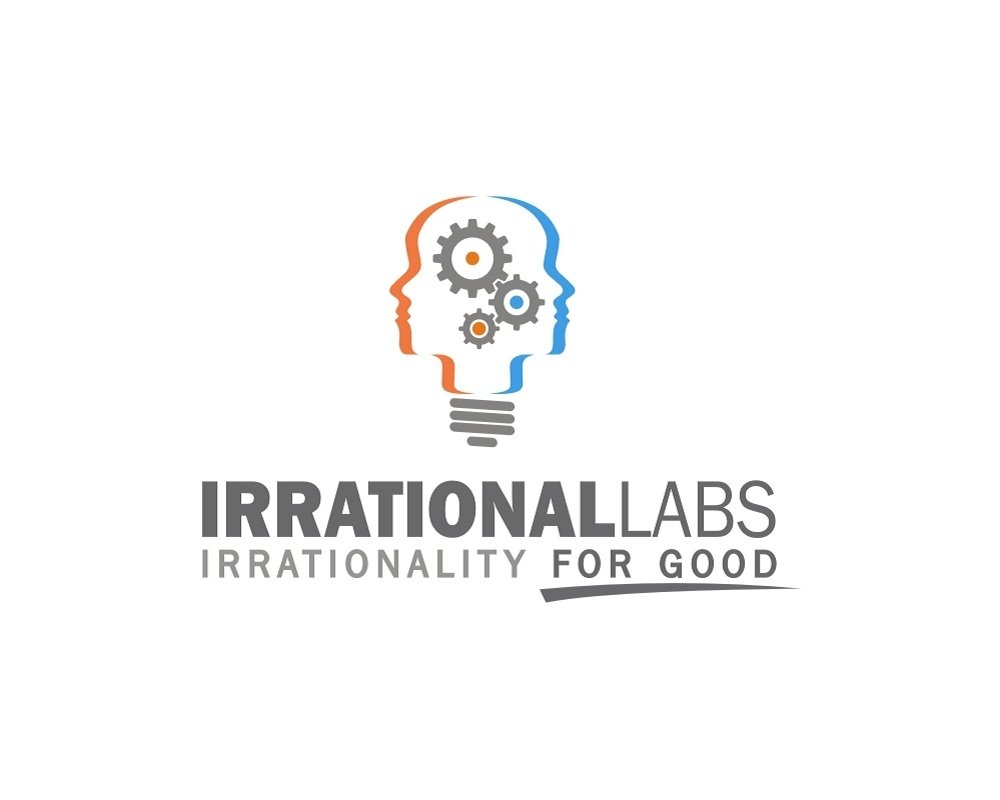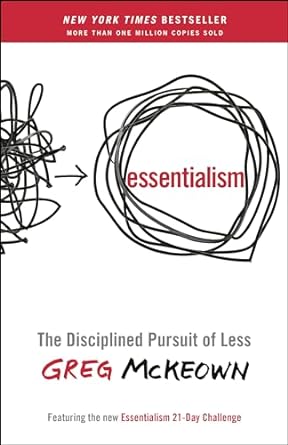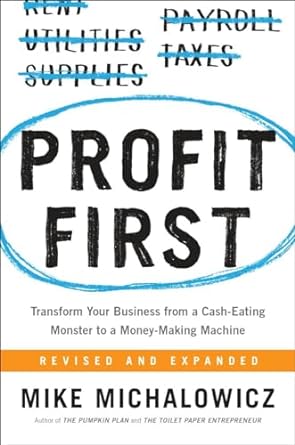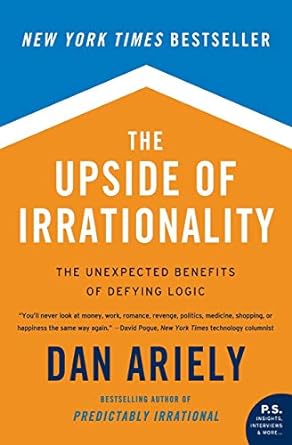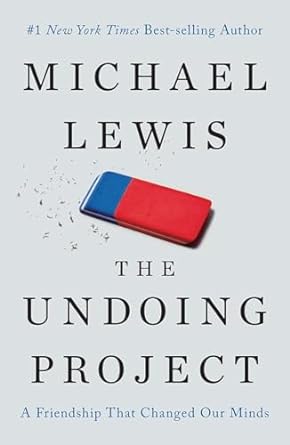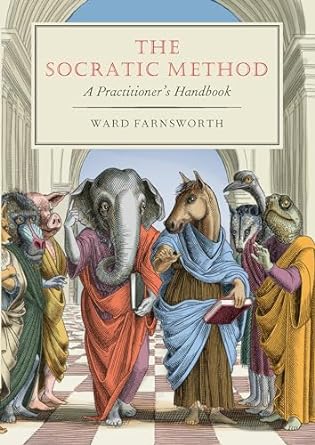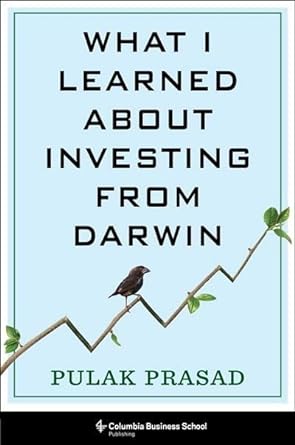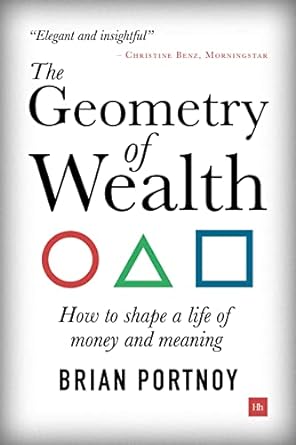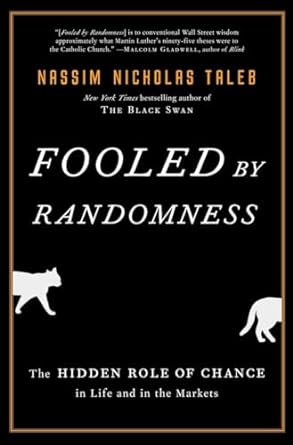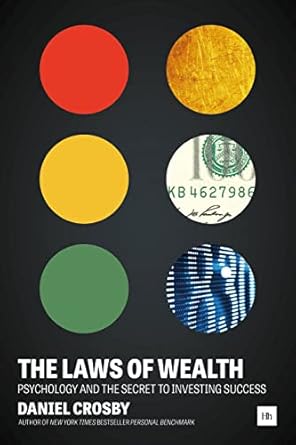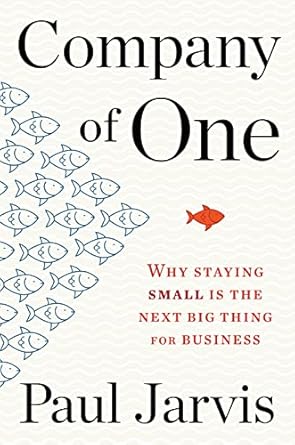Endowment Effect
The tendency to overvalue what is ours, simply because we feel a sense of ownership of it.
Examples:- Holding on to physical items that have no objective value to us.
- Valuing our own opinions more highly than others, because they're ours.
- The IKEA Effect.
- Holding on to assets/investments for too long because of an emotional attachment.
Key Insights & Principles
Decision Making
Insights:- We feel the pain of losing something we own more than the pleasure of gaining it, which is why we tend to overvalue what we own.
- Tangible or physical items have a strong endowment effect because they are easily visible
- People will demand more money in exchange for an item they already own than what they would be willing to pay to obtain it.
- The endowment effect explains why it is often difficult to declutter.
- We cling on to things, and the hope that we may find a use for them in the future.
- Accumulation is costly at any price. Things consume our time, space and energy.
- Money back guarantees and free trials work in business because people are reluctant to give up what they already own.
- Be deliberate about objectively valuing the things that you have.
- For what you don't own ask: "Do I need this?"
- For what you do own ask: "If I did not own this, how much would I pay to obtain it?"
- Be cautious about what you acquire.

